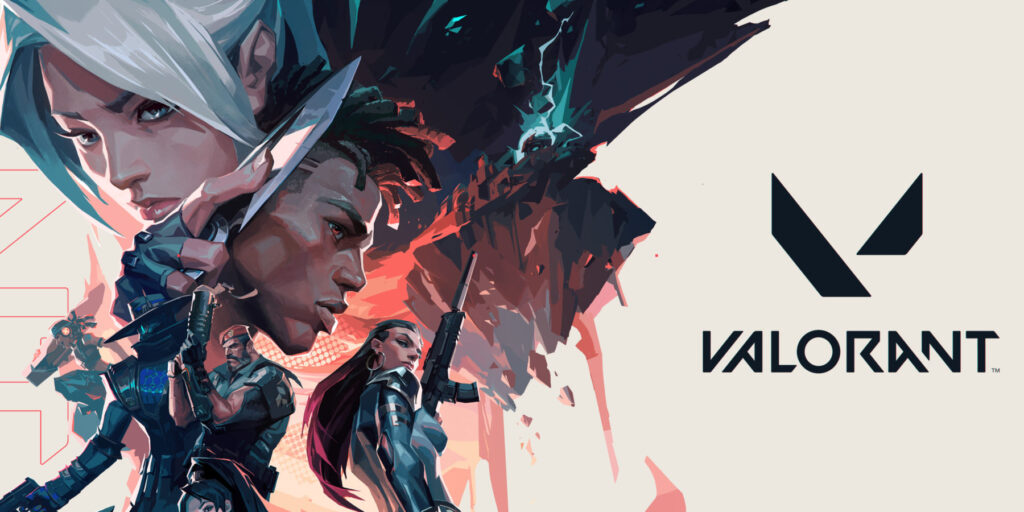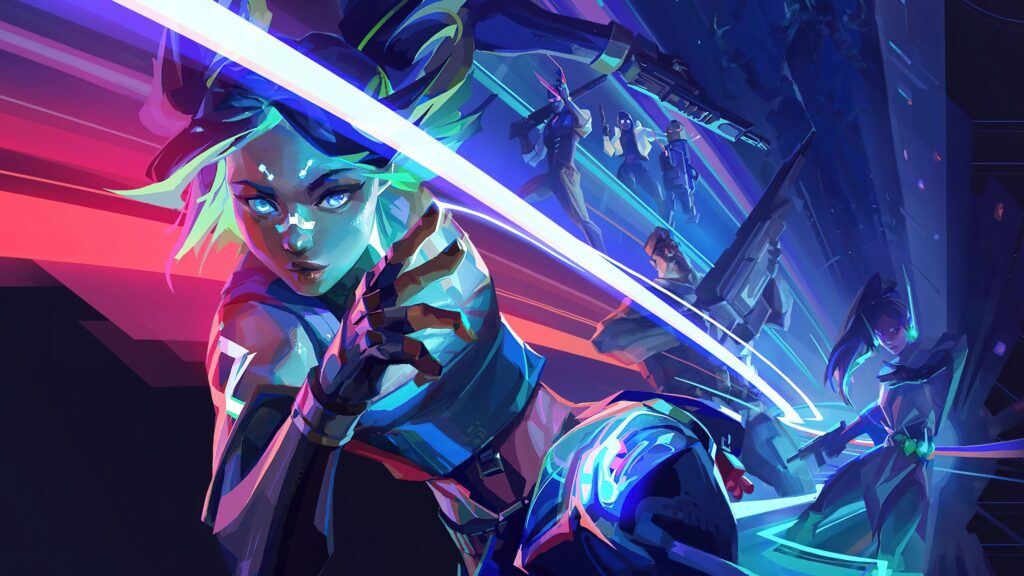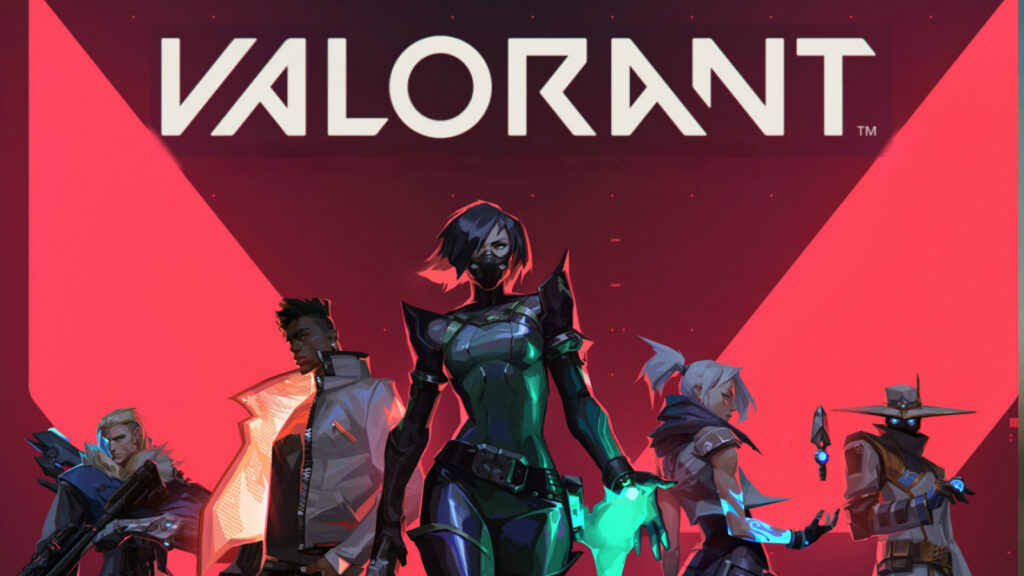“Valorant,” Riot Games’ tactical first-person shooter, has made a significant impact in the competitive gaming scene with its strategic gameplay and team-based mechanics. However, with its rise in popularity, the issue of cheating has become a critical challenge. This article delves into the specific problem of cheating in “Valorant,” examining its effects on competitive integrity, the measures taken by Riot Games to combat it, and the ongoing battle to maintain a fair playing environment.
The Appeal and Mechanics of Valorant
“Valorant,” released in June 2020, combines elements from tactical shooters and hero-based games to create a unique competitive experience. Players choose from a roster of Agents, each with distinct abilities, and compete in 5v5 matches that require both strategic planning and precise shooting skills. The game’s emphasis on strategy and skill has made it a popular choice for both casual and professional players. However, the competitive nature of “Valorant” also makes it a prime target for cheaters seeking to gain an unfair advantage.
The Importance of Competitive Integrity
Competitive integrity is crucial in games like “Valorant” where success hinges on skill and strategy. Cheating undermines this integrity by providing certain players with an unfair advantage, which can skew match results and diminish the experience for others. Ensuring a fair and balanced competitive environment is essential for maintaining player trust and engagement.

The Rise of Cheating in Valorant
As “Valorant” gained popularity, instances of cheating began to surface. Cheating in “Valorant” includes various methods such as aimbots, wallhacks, and other exploits that give players an unfair advantage. These cheats can disrupt the balance of the game, making it challenging for legitimate players to compete effectively and enjoy the game. The rise in cheating has prompted Riot Games to take action to address these issues.
Types of Cheats and Their Impact
Several types of cheats have emerged in “Valorant,” each with distinct impacts on gameplay:
- Aimbots: Automatically aim for players, making it easier to secure kills with perfect accuracy.
- Wallhacks: Allow players to see through walls, providing information on enemy positions.
- Triggerbots: Fire automatically when an enemy is in the crosshair, reducing reaction time.
These cheats not only disrupt gameplay but also create an uneven playing field, where players who do not cheat may feel discouraged and frustrated.
Riot Games’ Initial Response to Cheating
In response to the rising issue of cheating, Riot Games took several initial steps to address the problem. Early measures included the implementation of an in-game reporting system and manual reviews of reported incidents. These methods aimed to identify and penalize cheaters but were often reactive rather than proactive.
The Introduction of Vanguard
Recognizing the need for a more robust solution, Riot Games introduced Vanguard, a dedicated anti-cheat system designed to combat cheating in “Valorant.” Vanguard includes two main components:
- Client-Side Anti-Cheat: Monitors the game client for suspicious activity and prevents known cheats from running.
- Kernel-Level Driver: Operates at a deeper level within the operating system to detect and block cheats that operate outside the game client.
Vanguard represents Riot Games’ commitment to addressing the issue of cheating comprehensively.

The Challenges of Vanguard
While Vanguard has been a significant step forward in combating cheating, it has faced its own set of challenges. The kernel-level driver, in particular, has been a point of contention among players due to concerns about privacy and system security. The system operates with high-level access, which some players fear could potentially expose their personal data or affect system stability.
Balancing Security and Privacy
Maintaining a balance between effective anti-cheat measures and player privacy is a critical challenge. Riot Games has addressed privacy concerns by implementing strict security protocols and transparency about Vanguard’s operations. However, some players remain apprehensive about the potential risks associated with the kernel-level driver.
Community Feedback and Adaptations
Community feedback has played a crucial role in shaping Riot Games’ approach to cheating and anti-cheat measures. Players have voiced concerns about the impact of Vanguard on system performance and privacy, leading Riot Games to make adjustments and improvements. Engaging with the community has allowed Riot Games to address issues and enhance the effectiveness of its anti-cheat system.
Updates and Improvements
Riot Games has continually updated Vanguard to address emerging threats and improve its functionality. These updates include enhancements to the anti-cheat algorithms, improved detection of new types of cheats, and optimizations to reduce the impact on system performance. The iterative approach reflects Riot Games’ commitment to staying ahead of cheaters and maintaining a fair competitive environment.
The Role of Player Education
In addition to technical solutions, player education is an essential component of combating cheating in “Valorant.” Educating players about the importance of fair play, the consequences of cheating, and how to report suspicious behavior helps create a more supportive and accountable community.
Promoting Fair Play
Riot Games has launched initiatives to promote fair play and discourage cheating. These initiatives include in-game messages, community campaigns, and partnerships with influencers to spread awareness about the importance of maintaining competitive integrity. By fostering a culture of respect and fairness, Riot Games aims to reduce the appeal of cheating and encourage positive player behavior.
The Future of Anti-Cheat Measures in Valorant
As “Valorant” continues to evolve, so too will the strategies and technologies used to combat cheating. The future of anti-cheat measures will likely involve advancements in artificial intelligence, machine learning, and behavioral analysis to detect and prevent new types of cheats. Riot Games’ ongoing efforts to innovate and adapt will be crucial in maintaining the competitive integrity of the game.

Emerging Technologies and Trends
Emerging technologies, such as AI-driven detection systems and advanced behavioral analytics, hold promise for improving anti-cheat measures. These technologies can analyze player behavior patterns and detect anomalies that may indicate cheating. Staying at the forefront of technological advancements will be essential for Riot Games in addressing evolving threats and ensuring a fair playing environment.
Conclusion
The issue of cheating in “Valorant” highlights the complex challenge of maintaining competitive integrity in an online multiplayer game. Riot Games has made significant strides in addressing cheating through the introduction of Vanguard, community engagement, and ongoing updates. However, the battle against cheaters is ongoing, and the future will require continued innovation and adaptation. By balancing effective anti-cheat measures with player privacy and community support, Riot Games can work towards preserving the fairness and enjoyment of “Valorant” for all players.


